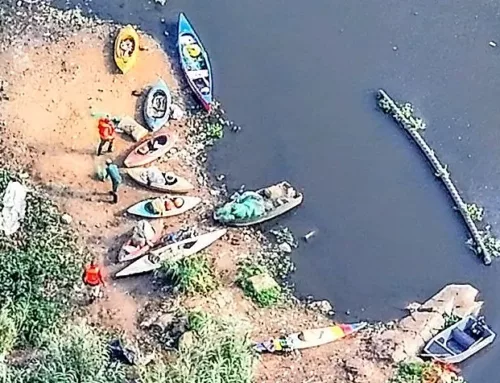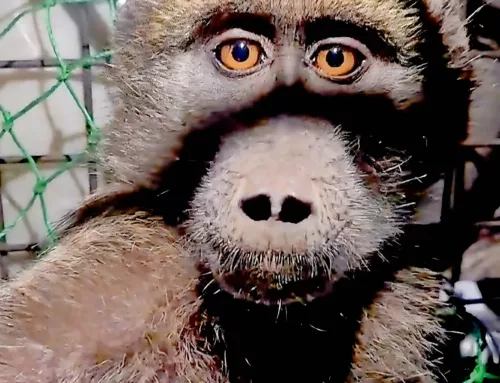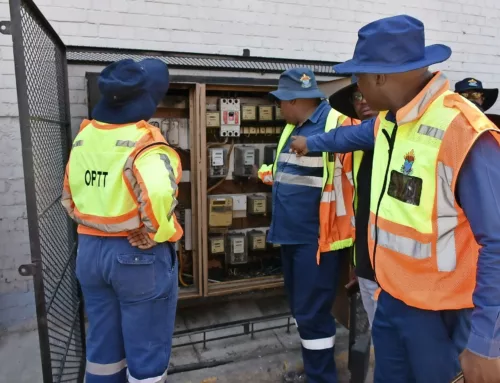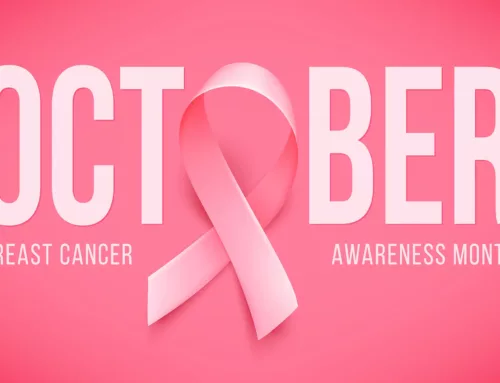Salvinia covers almost 15% of the dam
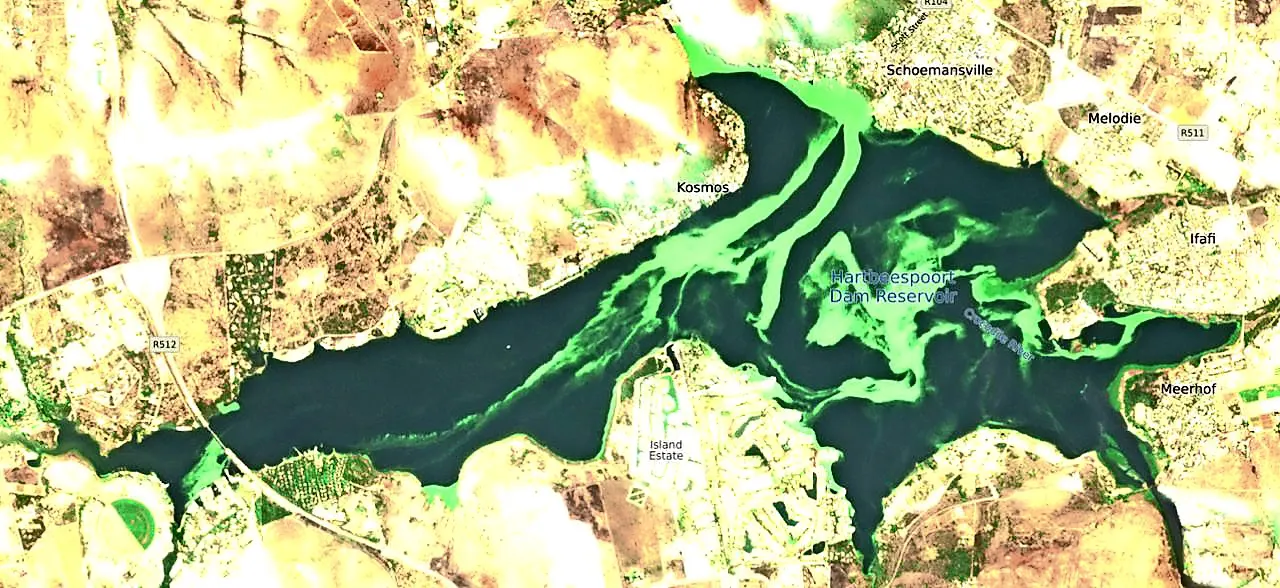
Salvinia coverage of the Hartbeespoort Dam is currently almost 15% and hyacinth plants have started rearing their heads.
Tourism operators have expressed their concerns about the coverage this early in summer, and no visible activities to address the situation. “If something is not done very quickly, we could be in big trouble this summer,” Dion Mostert, a tourism operator, said.
John Wesson of the Wildlife and Environment Society of South Africa (WESSA) said that with the current growth pattern, the dam can potentially be 100% covered by the end of October. “Both salvinia and hyacinth can potentially double their coverage in 14 days. Drastic action needs to be taken,” he said.
Prof Julie Coetzee of the Centre for Biological Control (CBC) at Rhodes University, however, is more optimistic. “In the previous season, the lack of government funding prevented the CBC from couriering consignments of Megamelus scutellaris (water hyacinth hopper) from Makhanda. As a result, the biocontrol programme became reliant solely on community rearing stations. Over the winter, the CBC engaged with Magalies Water and has since been appointed as the sole service provider for the supply of biological control agents. This season, thanks to the MOU (Memorandum of Understanding) with Magalies Water, the CBC is once again able to provide regular consignments of hoppers, which have already begun,” Coertzee said.
“Importantly, water hyacinth plants that survived the winter have harboured several other species of biocontrol agents and their damage is already evident on the emerging hyacinth seedlings,” she said.
The Salvinia minima weevil, in turn, was released for the first time in South Africa on the Crocodile River at Hartbeespoort Dam in March 2025. “A small population of weevils was released on the Crocodile River just upstream of the river mouth leading into Hartbeespoort Dam. Post-release monitoring of the weevils has been carried out monthly. A consignment of the population is being reared and once these agents become abundant, they will be released in all invaded areas in the country,” Coetzee said.








